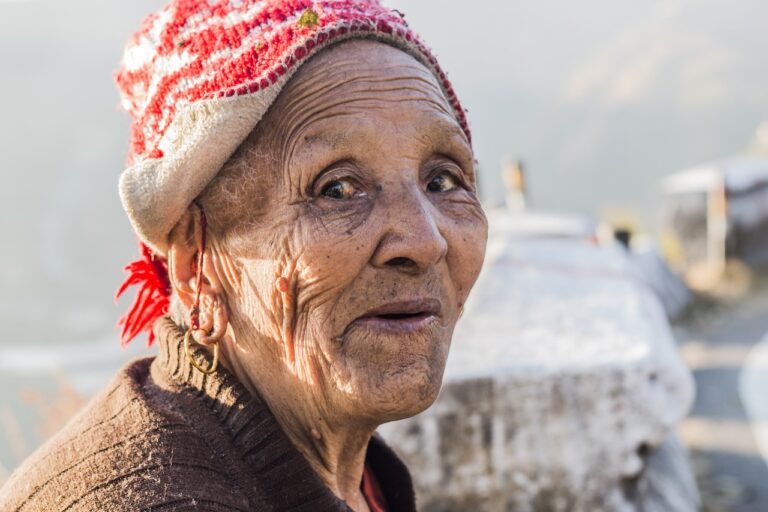Exploring the Impact of COVID-19 on Election Processes
The outbreak of the COVID-19 pandemic in late 2019 has had far-reaching effects on all aspects of society, including the way elections are conducted. With social distancing measures in place and restrictions on public gatherings, election processes around the world have had to adapt to ensure the safety of voters and poll workers while maintaining the integrity of the electoral process.
Changes to Election Processes
One of the most significant changes brought about by the pandemic is the increased emphasis on remote voting options such as mail-in ballots and absentee voting. Many countries have expanded their mail-in voting systems to allow more voters to cast their ballots without having to physically go to a polling place. This has led to a surge in the number of mail-in ballots being requested and submitted, prompting election officials to re-evaluate their counting processes and timelines.
Challenges Faced by Election Officials
While the shift to remote voting has helped mitigate the risk of spreading COVID-19 at polling places, it has also presented new challenges for election officials. One of the main concerns is the potential for delays in counting mail-in ballots, which could lead to uncertainty and confusion about the outcome of the election. In some cases, election results have been delayed by days or even weeks as officials work to verify and tally all the votes.
Ensuring Election Security
Another issue that has arisen as a result of the pandemic is the need to enhance election security measures to protect against potential threats to the integrity of the voting process. With more voters opting to cast their ballots remotely, there is a greater risk of fraud and interference, both from domestic actors and foreign entities. Election officials have had to implement additional security protocols to safeguard against these threats and reassure the public that their votes will be counted accurately.
Impact on Voter Turnout
Despite the challenges posed by the pandemic, voter turnout in many countries has remained strong, with record numbers of people participating in the electoral process. This can be attributed in part to the convenience of remote voting options, which have made it easier for people to cast their ballots without having to leave their homes. However, there are concerns that certain groups, such as the elderly and those without access to technology, may be disenfranchised by the shift to remote voting.
Lessons Learned
As the world continues to grapple with the effects of the COVID-19 pandemic, election officials are learning valuable lessons about how to adapt and innovate in the face of unprecedented challenges. The experience of conducting elections during a global health crisis has forced governments to rethink their election processes and invest in technology and infrastructure to support remote voting options. These changes are likely to have a lasting impact on the way elections are conducted in the future.
Conclusion
The COVID-19 pandemic has had a profound impact on election processes around the world, forcing governments to adapt to new challenges and rethink traditional methods of voting. While the shift to remote voting has helped ensure the safety of voters and poll workers, it has also presented new challenges in terms of security and timeliness. As we navigate through this global health crisis, it is essential that we continue to prioritize the integrity and fairness of our electoral processes to uphold the democratic principles that underpin our society.
FAQs
Q: How has the COVID-19 pandemic affected voter turnout?
A: Despite the challenges posed by the pandemic, voter turnout in many countries has remained strong, with record numbers of people participating in the electoral process.
Q: What are some of the security measures that election officials have implemented to protect against fraud and interference?
A: Election officials have implemented additional security protocols to safeguard against potential threats to the integrity of the voting process, both from domestic actors and foreign entities.
Q: What are some of the lessons learned from conducting elections during a global health crisis?
A: The experience of conducting elections during the COVID-19 pandemic has forced governments to rethink their election processes and invest in technology and infrastructure to support remote voting options.







